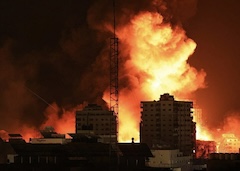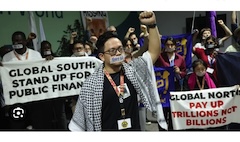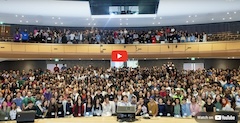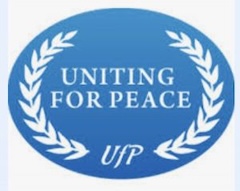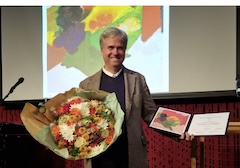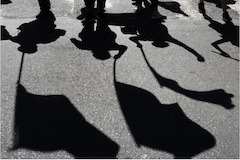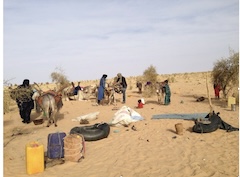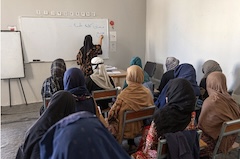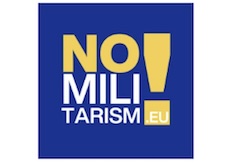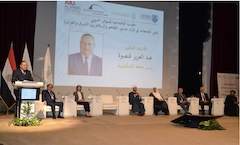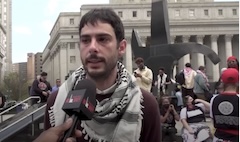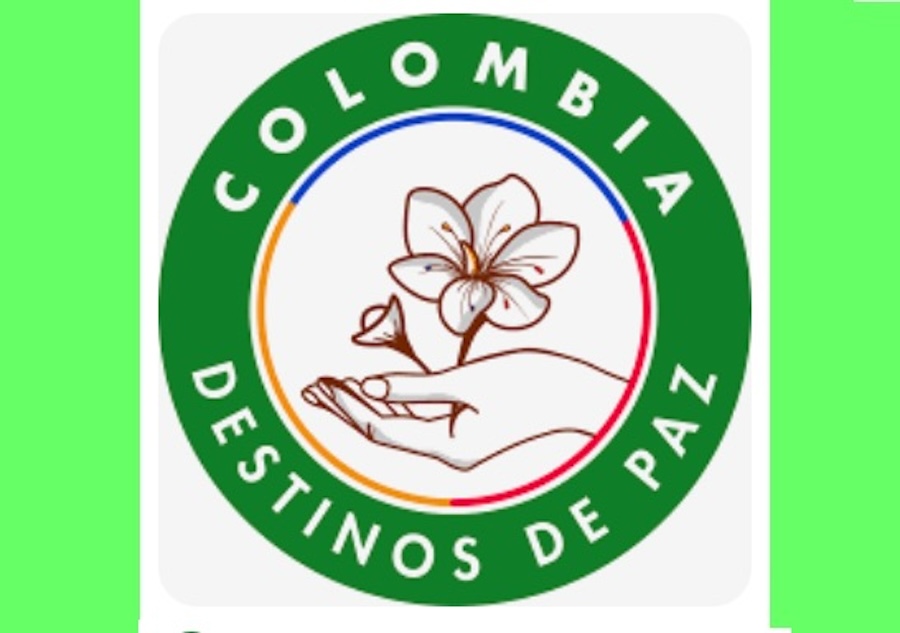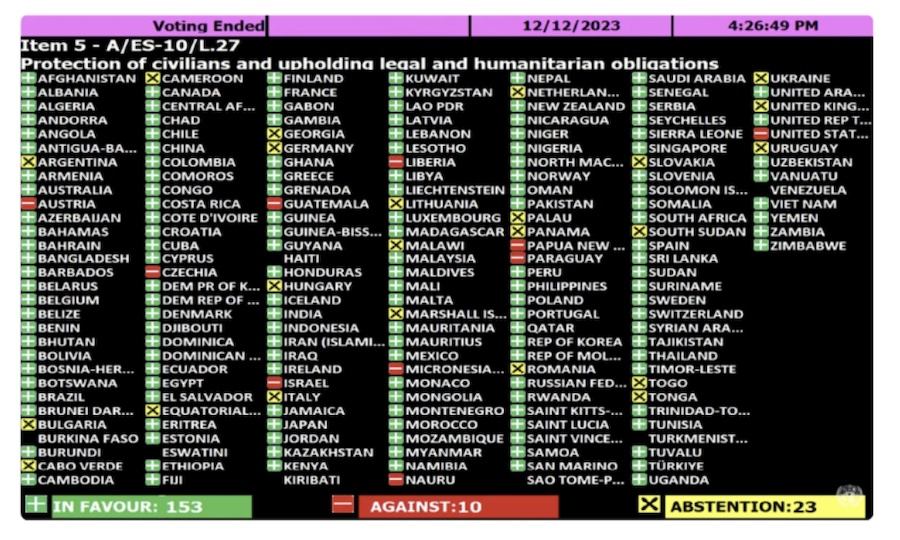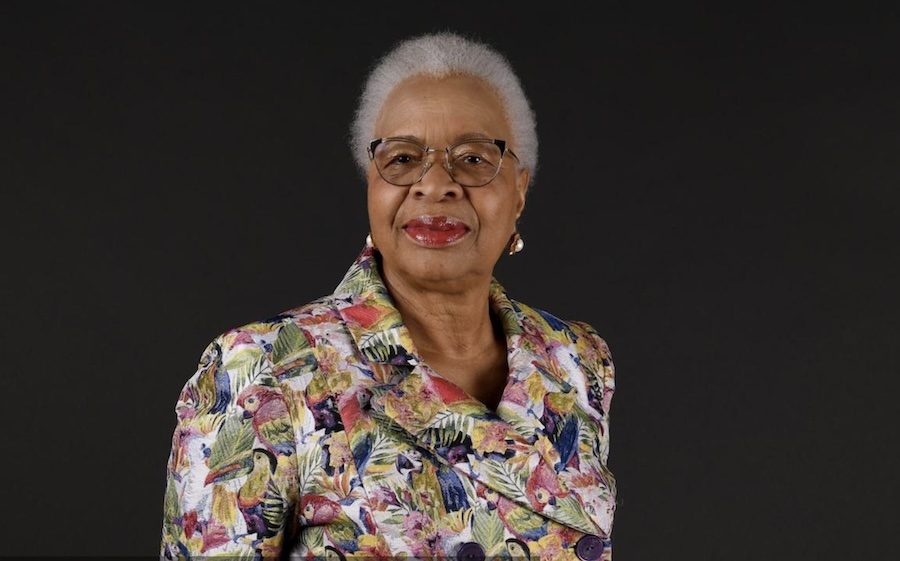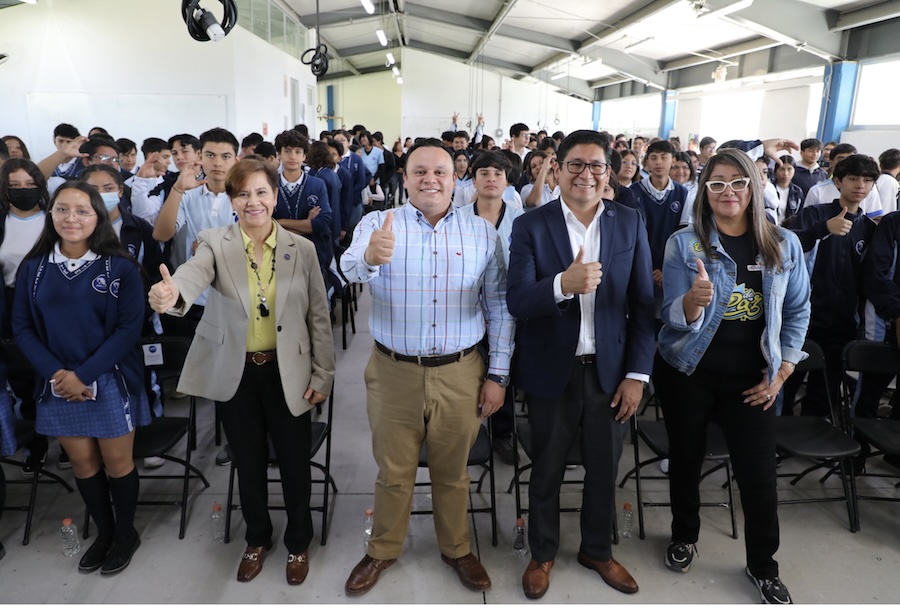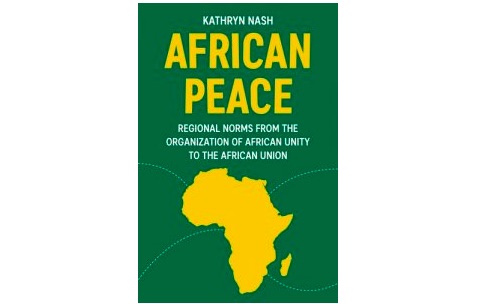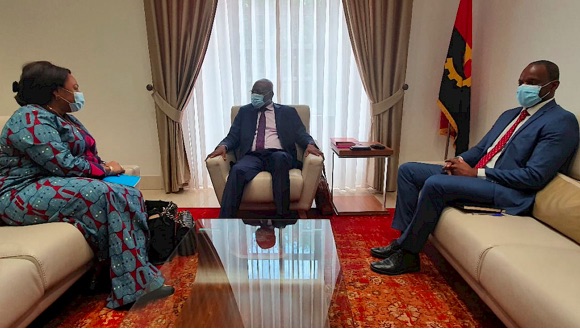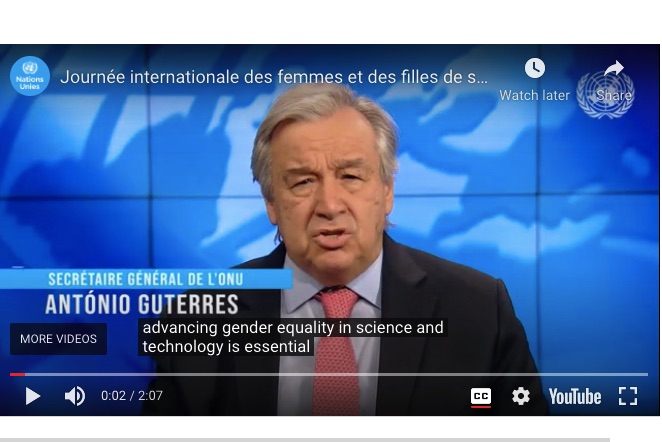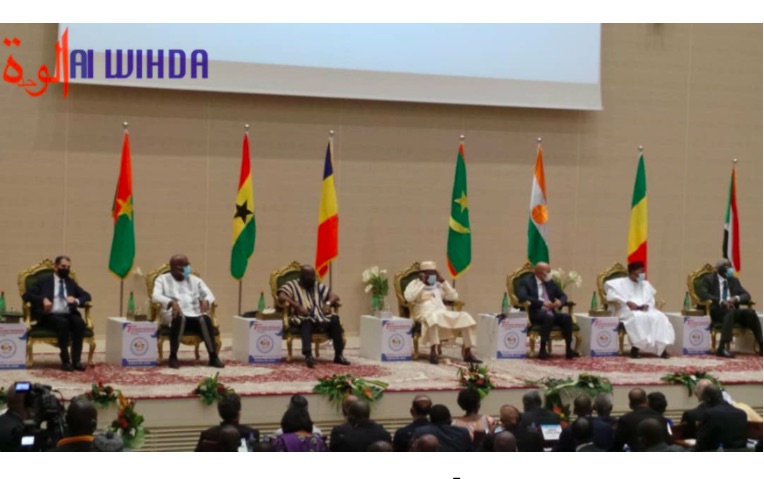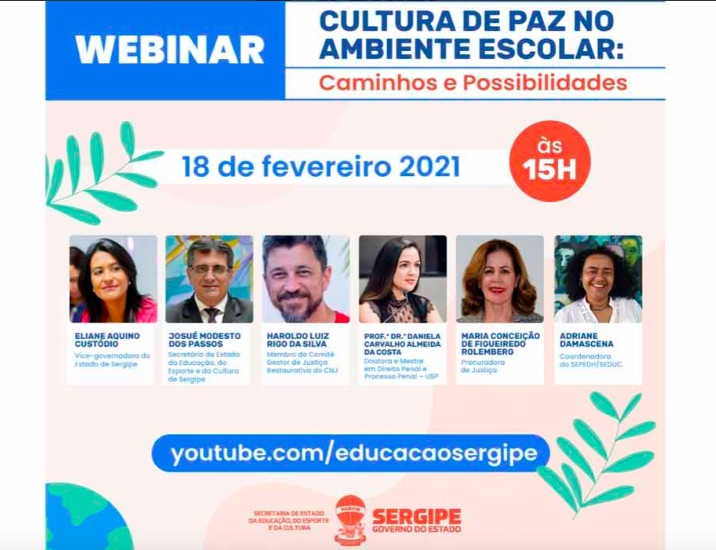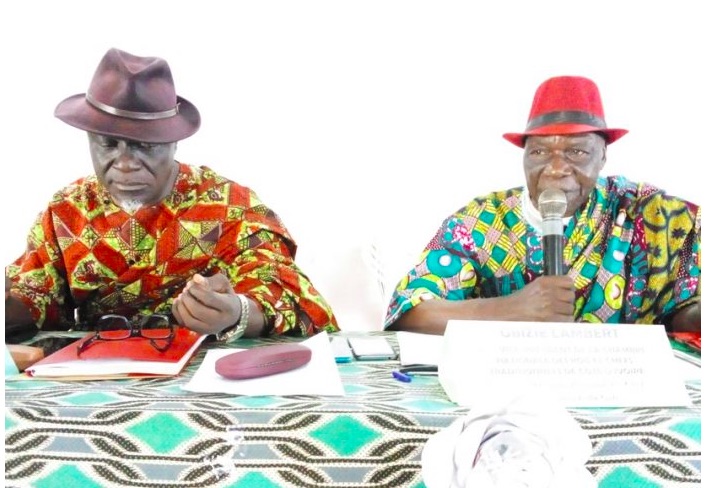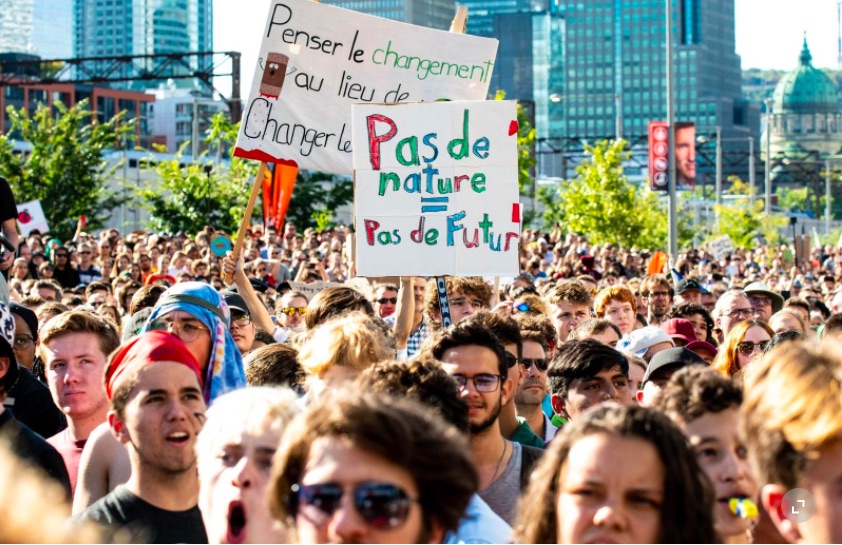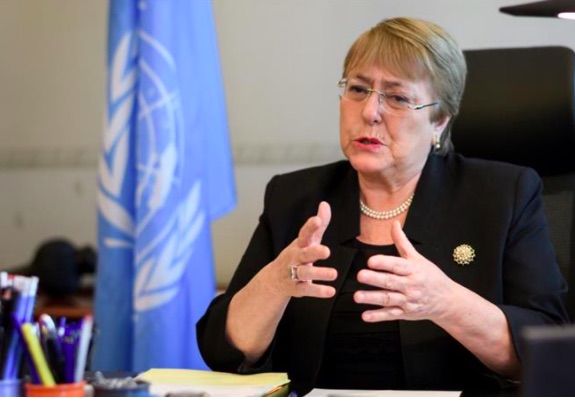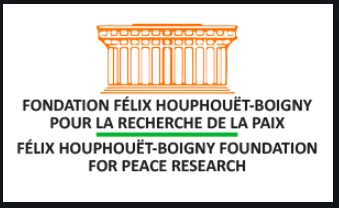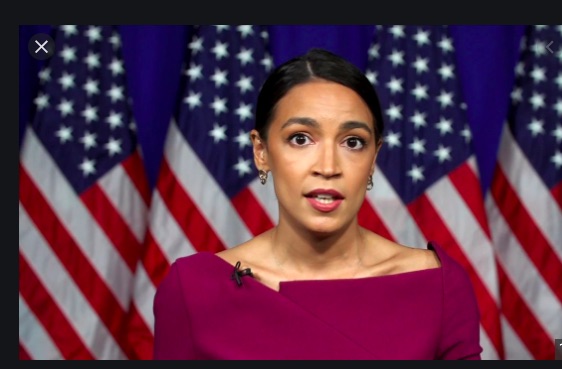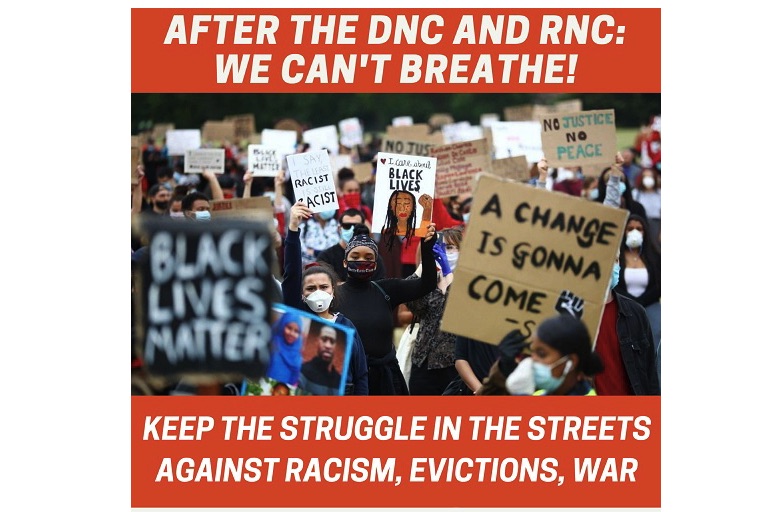Two global summits were held in November, with two completely different results. One was held in a country of the global south seeking independence from northern domination. The other was hosted by a country profiting from the sales of oil and was dominated by the interest of the US and Europe.
The meeting of the G20 was held in Brazil, and its President Lula da Silva, played a major role in its conclusions.
In his speech at the closing of the summit, Lula paid tribute to the accomplishments of the developing countries as they have occupied the leadership of the G20 over the past four years and he hoped from more as he passed the leadership to South Africa.
Here are some excerpts from his speech:
“We launched a Global Alliance against Hunger and Poverty and began an unprecedented debate on taxing the super-rich.
“We put climate change on the agendas of Finance Ministries and central banks and approved the first multilateral document on the bioeconomy.
“We issued a Call to Action for reforms that make global governance more effective and representative. . .
“We have a responsibility to do better.
“It is with this hope that I pass the gavel of the G20 presidency to President Ramaphosa.
“This is not an ordinary handover of the presidency — it is the concrete expression of the historical, economic, social, and cultural ties that unite Latin America and Africa. . . .
“I remember the words of another great South African, Nelson Mandela, who said: it is easy to demolish and destroy; the heroes are those who build.
“Let us continue building a just world and a sustainable planet.”
The rich countries wanted the summit to condemn the Russian invasion of Ukraine, but Lula, as host of the summit, did not allow this. Instead, the summit statement simply says: “The G20 condemns the war in Ukraine and its impacts on the global economy and supply chains.” In the words of one expert, “Brazilian diplomacy always tries to build bridges.”
Lula was not the only Latin American president to show progressive leadership at the summit.
The newly-elected president of Mexico, Claudia Sheinbaum, criticized the rise in global military spending and advocated for increased investment in reforestation programs. She argued that allocating just 1% of global military spending to reforestation programs could significantly impact poverty, migration, and climate change mitigation. ““I come on behalf of a generous, supportive and wise people to call on the great nations to build and not to destroy. To forge peace, fraternity and equality. . . The proposal is to stop sowing wars and instead sow peace and sow life.”
And the president of Colombia, Gustavo Petro, criticized the North for failing to address the poverty and hunger of the Global South. “The only effective policy to stop the exodus of people from the south to the north is for the south to be more prosperous, to not be hungry. . . Every blow to a migrant abroad is simply the recognition of the inability of the rich North to end hunger in humanity.”
Petro demanded the rejection of the practice of food security based on countries that export food to the rest of the world based on an intensive use of oil and coal. It fails to relieve hunger and it contributes to global warming that threatens the extinction of humanity.
Instead, he demanded a restructuring of international finances to promote food sovereignty, which consists of being able to produce enough food in countries where there is hunger. That requires a carbon-free agriculture based on the peasantry and the small farmer.
Petro, Sheinbaum and Lula met with Gabriel Boric, the president of Chile and the four presidents agreed on the importance of working together as the Latin-American progressive governments and spoke of the importance of maintaining such relationships.
In contrast to the positive aspects of the G20 summit, the conclusions of the United Nations climate summit in Baku, Azerbaijan, were considered to be a complete failure according to organizations concerned with the future of our planet. The article by Common Dreams quotes the following organizations in this regard:
Center for International Environmental Law
Oil Change International
Indigenous Environmental Network
Climate Home New
Carbon Market Watch
Friends of the Earth International
Friends of the Earth Ireland
Climate Action Network Europe
Oxfam International
Union of Concerned Scientists
Center for Biological Diversity
In conclusion, while leaders from Europe and North America continue to aggravate global warming and threaten World War III, Lula, Petro and Sheinbaum give us hope and vision to help us overcome these crises, which, as Petro says, threaten the extinction of humanity. Let us listen to them and take action with them!
|
FREE FLOW OF INFORMATION |
HUMAN RIGHTS |
SUSTAINABLE DEVELOPMENT |
WOMEN’S EQUALITY |
|
TOLERANCE & SOLIDARITY |
EDUCATION FOR PEACE |
DEMOCRATIC PARTICIPATION |
DISARMAMENT & SECURITY |

